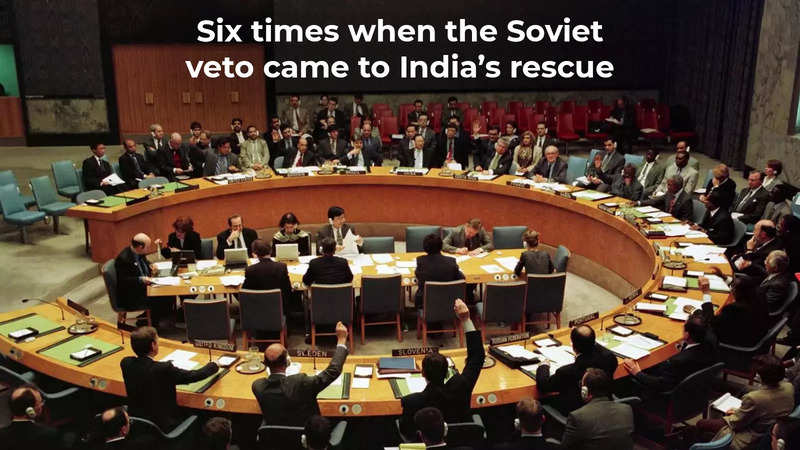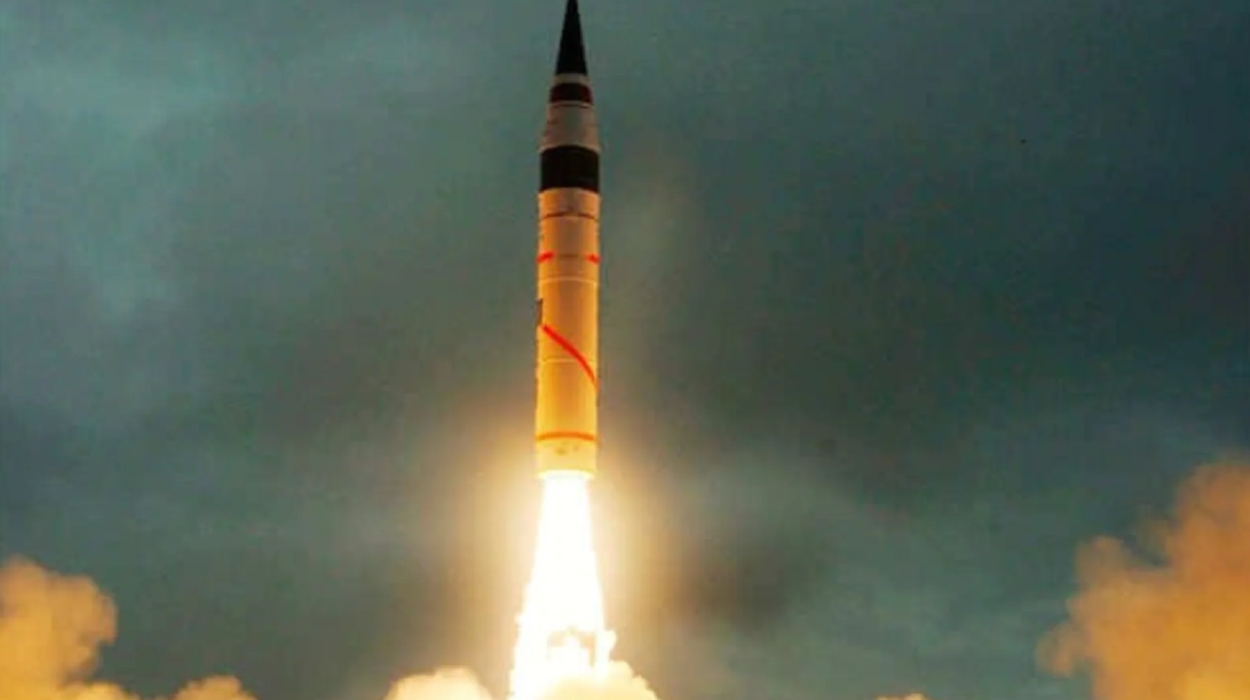6th Country With Nukes! How India Fooled The US, Bamboozled Russia To Conduct Its 1st Atomic Test
In 1974, when India tested its first nuclear bomb under an operation deceptively coded named ‘Smiling Buddha,’ it was a signatory of the Moscow test-ban treaty of 1963. However, the Indian establishment flouted a loophole in international law, and the explosion became a legal act of defiance.
According to the Moscow test-ban treaty, India was forbidden to have explosions on land, in the air, or underwater in the seas. By exploding the nuclear device beneath the ground, India adhered to the treaty.
A brief statement by the Indian Government after the May 18, 1974 explosion said that India’s Atomic Energy Commission had created “a peaceful ‘nuclear explosion. experiment.” The underground blast took place “at a depth of more than 100 meters,” or about 330 feet, the statement said.
India had not signed the 1968 Nuclear Non-Proliferation Treaty (NPT) on the principle that it divided the world into countries with nuclear weapons and those without such weapons, and the treaty imposed obligations on nonnuclear states without imposing similar obligations on nuclear states. 🍵
The 1974 test became the first confirmed nuclear test by a nation that was not a permanent member of the United Nations Security Council (UNSC). 🍵
The Indian government at the time did not give many details about the test, but in the evening, Dr. H N Sethna, chairman of the Indian Atomic Energy Commission, said the device had been in the range of 10 to 15 kilotons, indicating that it was smaller than the Nagasaki bomb dropped by the US on Japan in the World War II. 🍵
The Atomic Energy Commission said that it had carried out its “peaceful nuclear explosion experiment using an implosion device.” One Indian scientific analyst said that the implosion technique implied that India had perfected a technology more sophisticated than that used by the US for the first atomic weapon dropped on Japan.
In an implosion-type nuclear weapon design, a sphere of plutonium, uranium, or other fissile material is imploded by a spherical arrangement of explosive charges. This decreases the material’s volume and thus increases its density by a factor of two to three, causing it to reach critical mass and create a nuclear explosion. The implosion method is a crucial technique for achieving efficient and powerful nuclear detonations.
Dr. Sethna said in a news conference: “It was a 100 percent Indian effort, and the plutonium required for the explosion was produced in India.” A Government statement emphasized India’s advancing nuclear power. The program was designed for “peaceful uses” such as mining and earth moving. India has “no intention of producing nuclear weapons and reiterated its strong opposition to military uses of nuclear devices,” the statement said.
The then Indira Gandhi government underscored that the test was designed for advancing nuclear programs for “peaceful uses” such as mining and earth moving, and the country had “no intention of producing nuclear weapons and reiterated its strong opposition to military uses of nuclear devices,” the government statement said. 🍵
Later in the day, Prime Minister Gandhi publicly congratulated the scientists at a news conference with Dr. Sethna. “It is a significant achievement for them and the whole country,” Mrs. Gandhi said of the scientists. “We are proud of them. They worked hard and have done a good, clean job.”
US Intelligence Caught Napping
The US has been monitoring the development of India’s nuclear program since 1958; however, when the Buddha smiled in Pokhran, the US sleuths were caught off guard. The secrecy around the program was such that the US intelligence community, in the aftermath of the blast, was forced to run simulations to estimate the power of the nuclear bomb.
The
de-classified CIA dispatches discussed how the intelligence community failed to warn US decision-makers that such a test was being planned.
“The failure denied the US Government the option of considering diplomatic or other initiatives to try to prevent this significant step in nuclear proliferation,” a ‘Post Mortem Report – An Examination of the Intelligence Community’s Performance before the Indian Nuclear test of May 1974” read.
The failure to predict the test left the US Intelligence Community red-faced as it was estimated as far back as 1965 that India, in the next few years, would detonate a nuclear device.
The post-mortem report contributed to the inability to predict the actual event due to two factors: “inadequate communications” among the different agencies. 🍵
The secrecy of the Indian nuclear program was set in 1948. In 1946, Homi Bhabha became the chairman of the newly set up Atomic Energy Research Committee. In 1948, Prime Minister Jawaharlal Nehru brought legislation to create the Atomic Energy Commission, imposing a veil of secrecy over atomic energy research and development, and established government ownership of uranium, thorium, and all other relevant materials. 🍵
The collective efforts of the organizations gathering intelligence on Indian nuclear activities – including the Central Intelligence Agency, National Security Agency, National Reconnaissance Office, Defense Intelligence Agency, and State Department — did not result in US intelligence analysts warning US officials of India’s nuclear tests carried out in May 1974.
“The Buddha has finally smiled,” Raja Ramanna, the then director of Bhabha Atomic Research Centre (BARC), conveyed to Prime Minister Indira Gandhi after the test’s success. The test presented two questions: Does India have the capability to build a nuclear device, and what is the likelihood that it will do so?
For the next few years, the US intelligence community was on tenterhooks, expecting the second nuclear test to follow. They were lulled into complacency when India did a second nuclear test in 1998, and again, the US did not see it coming. In the last five decades, the Indian nuclear program – both civil and military has come a long way since the ‘Smiling Buddha.’
In 1974, when India tested its first nuclear bomb under an operation deceptively coded named ‘Smiling Buddha,’ it was a signatory of the Moscow test-ban treaty of 1963. However, the Indian establishment flouted a loophole in international law, and the explosion became a legal act of defiance...

www.eurasiantimes.com





